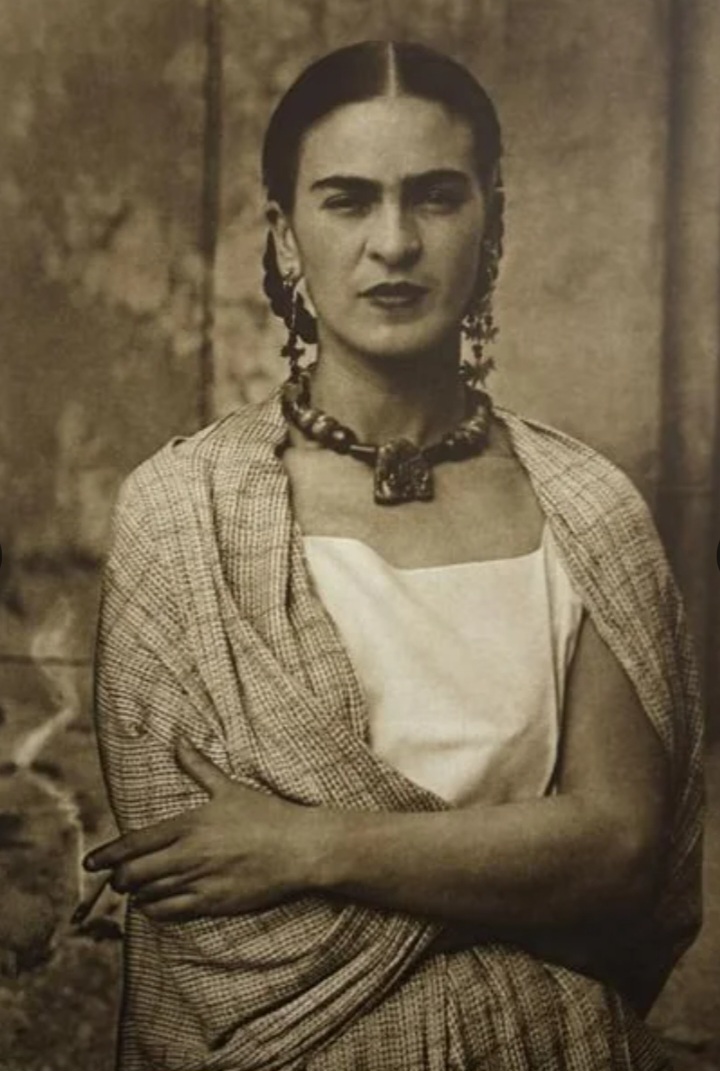Few figures in modern art and feminist history have captured the world’s imagination like Frida Kahlo. More than just a painter, Kahlo was a bold visionary who used her art—and her life—to challenge societal norms, redefine female identity, and spark lasting conversations about gender, pain, and power.
Frida Kahlo: A Voice Beyond the Canvas
Born in 1907 in Coyoacán, Mexico, Frida Kahlo endured immense physical pain after a near-fatal bus accident at the age of 18. Rather than letting suffering silence her, she turned to painting as a tool of expression, rebellion, and healing. Her raw, intimate self-portraits defied traditional beauty standards and laid bare the female experience with an honesty rarely seen in art.
Her unapologetic depiction of physical and emotional pain—combined with her refusal to conform to gender expectations—established her as a revolutionary voice in both the art world and feminist thought.
Frida and Feminism: Ahead of Her Time
Frida Kahlo’s work and life resonate powerfully with modern feminist ideals. Long before the rise of social media feminism or mainstream conversations about body positivity and gender fluidity, Kahlo was painting her reality—often harsh, always honest—with herself at the center.
From her visible unibrow to her exploration of bisexuality and her criticism of patriarchy, Kahlo’s life was a protest in motion. She celebrated female strength, vulnerability, and complexity in a society that preferred its women silent, pretty, and submissive.
The Lacuna: Frida in Fiction
Frida’s cultural impact extends beyond galleries and museums. In Barbara Kingsolver’s acclaimed novel The Lacuna, Frida Kahlo appears as a vibrant, larger-than-life character. Set against the backdrop of 1930s and 40s Mexico, the book explores political upheaval, artistic creation, and personal identity through the fictional lens of Harrison Shepherd, who works closely with Frida and her husband, Diego Rivera.
Kingsolver’s portrayal of Frida is both intimate and iconic—painting her as fiercely opinionated, humorous, and deeply aware of her role as both artist and political figure. The Lacuna not only brings historical dimension to Frida’s legacy but reaffirms her role as a symbol of resistance, creativity, and women’s empowerment.
Legacy and Relevance Today
Kahlo’s influence is more than aesthetic—it’s ideological. In the age of #MeToo, intersectional feminism, and global conversations about equity and self-expression, Kahlo remains a symbol of resilience, authenticity, and radical self-love. Her refusal to be defined by disability, patriarchy, or tradition continues to inspire generations of women, artists, and activists.
Today, her image graces everything from high fashion to Instagram feeds—but beyond the commercialization, her spirit endures. She teaches us that embracing our scars, asserting our truth, and defying expectations is not just art—it’s activism.
SEO Keywords:
Frida Kahlo, women's empowerment, feminist art, Frida Kahlo feminism, Barbara Kingsolver The Lacuna, Frida Kahlo legacy, feminist icons, Frida Kahlo artist, Frida Kahlo biography, female empowerment art
Hashtags:
#FridaKahlo #WomensEmpowerment #FeministIcon #FridaKahloArt #BarbaraKingsolver #TheLacuna #FeministArt #FemaleArtists #FridaLegacy #ArtAsActivism
|
|

